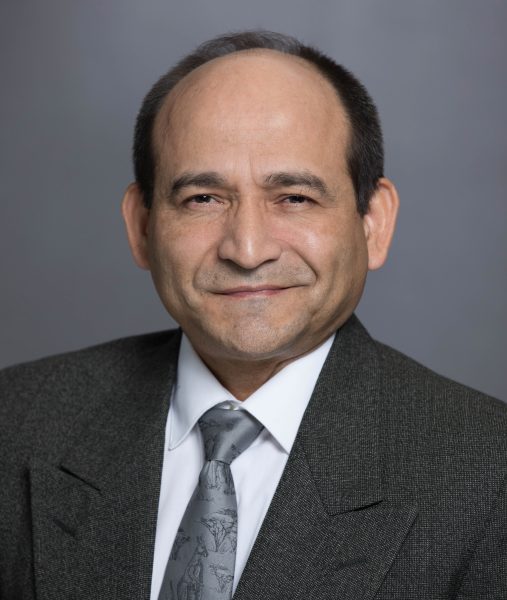New Faces
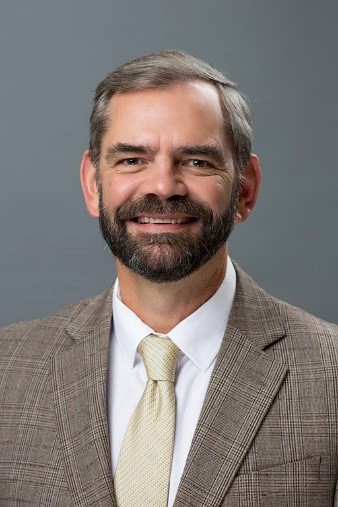
Fred Beach
Director of Energy and Earth Resources Program
Fred Beach is the new director of the Energy and Earth Resources (EER) graduate program, a multidisciplinary master’s program at the Jackson School of Geosciences where students conduct research at the intersection of energy, natural resources, finance, law, policy and engineering. Beach fills a space left by Richard Chuchla, who retired during the spring after successfully leading the program for seven years.
Beach holds a doctoral degree from The University of Texas at Austin’s LBJ School of Public Affairs, a master’s in physics from the Naval Postgraduate School, and a bachelor’s in chemistry with a minor in nuclear engineering from the University of Oklahoma.
Since 2005, Beach has held a number of roles at UT. This includes serving as associate director for energy and technology policy at the Energy Institute, and appointments at the Institute for Advanced Technology and the Center for International Energy and Environmental Policy. Beach has also taught energy and policy courses at the Cockrell School of Engineering, McCombs Business School and the LBJ School of Public Affairs.
Beach is no stranger to the EER program, having served for many years as a graduate mentor and member of its Graduate Studies Committee.
Prior to joining UT, Beach served for 25 years in the U.S. Navy, where he was a qualified submariner, naval aviator, surface warfare officer and acquisition professional. Since retiring from the Navy in 2003, he has continued to serve as a U.S. Navy consultant on defense-related topics.
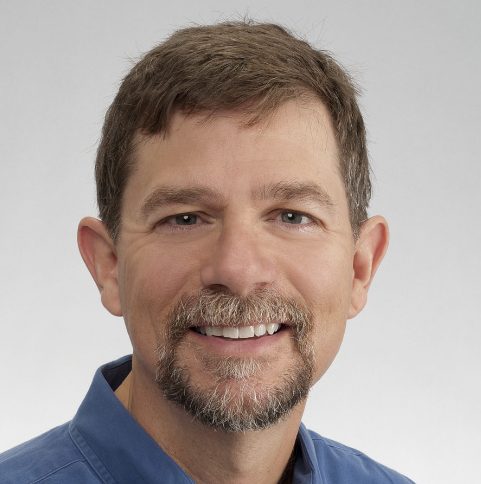
Michael Young
Associate Dean for Research
In September 2023, Michael Young became the Jackson School of Geosciences’ associate dean for research. The role was formerly filled by Professor David Mohrig, who has returned to research.
Young is a senior research scientist at the Bureau of Economic Geology and served as its associate director for environmental research from 2010 to 2020.
Prior to joining the bureau in 2010, Young helped lead Nevada’s Desert Research Institute, serving as its deputy director and acting executive director. Young has also worked as a hydrogeologist and a research scientist in soil, water and environmental sciences at the University of Arizona and Georgia Tech.
Young is a productive scientist and proven leader. He has authored book chapters, developed software, and has more than 100 refereed publications. He is also one of the principal architects of the UT Bridging Barriers program Planet Texas 2050, an interdisciplinary UT research initiative that looks to Texas as a microcosm of the environmental problems facing the planet.
Young has served numerous national organizations in advisory, editorial and strategic planning capacities, including the National Academies, the U.S. Department of Energy and the American Geophysical Union. He is a fellow of the Geological Society of America and the Soil Science Society of America.
In addition to his role as associate dean for research, Young will continue to lead research efforts at the Bureau of Economic Geology, in particular the Comparing Electricity Options industrial consortium.
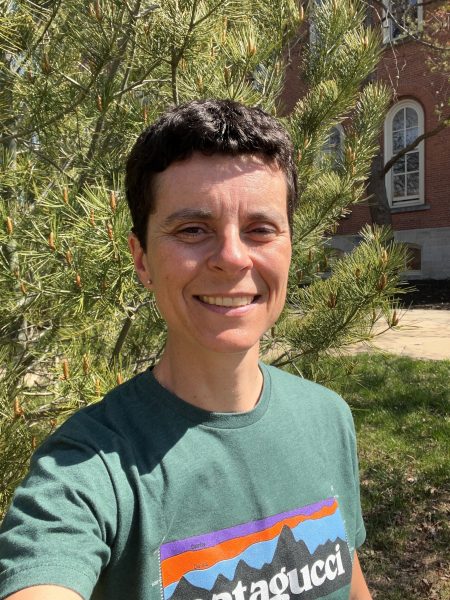 |
Miriam Barquero-MolinaField Camp Director Miriam Barquero- Molina is the new field camp director at the Department of Earth and Planetary Sciences. Before joining the Jackson School of Geosciences, she was the field camp director and an associate teaching professor at the University of Missouri for 13 years. Barquero-Molina has experience leading field trips across the country, from California to the Appalachians, and has been at the helm of international trips to volcanoes in Chile, the Pyrenees and the Cantabrian Mountains in Spain. She also has direct experience of the Jackson School’s own field camp. She earned a doctorate from the school in 2009 and helped lead field camp during her five years in graduate school. Barquero-Molina fills a role left by Mark Helper, a distinguished lecturer emeritus in the department, who led field camp at the Jackson School for 34 years. More on Barquero-Molina: Jackson School Welcomes New Field Camp Director |
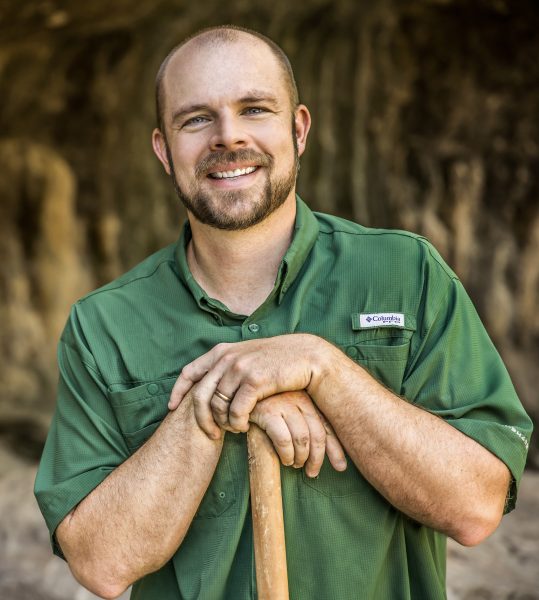 |
Kenneth BefusAssociate Professor of Professional Practice Kenneth Befus is the director of the spectroscopy and imaging lab and the curator of gems and minerals in the Department of Earth and Planetary Sciences. Previously, Befus was an associate professor at Baylor University. Befus earned a doctorate at the Jackson School of Geosciences, studying crystals in magmas and clues they hold about how volcanoes erupt. During his years at Baylor, Befus maintained his studies on magmatic systems, such as those at Yellowstone, but also started studying diamonds from the Amazon and metamorphic crystals from Argentina. He also started faceting gems at home, becoming a master faceter and selling stones to jewelers. These dual, yet harmonious, interests have led Befus back to the Jackson School, with Befus’ role in the spectroscopy and imaging lab aligning with his magma research and his role as the gem and mineral curator aligning with his expertise in gems and crystals. |
 |
Chas BoltonResearch Scientist Associate III David “Chas” Bolton joined the Bureau of Economic Geology as a research scientist associate III, working with the Center for Injection and Seismicity Research and TexNet on induced seismicity. He is the lead investigator of an earthquake rupture machine, a device simulating small-scale earthquakes housed at the University of Texas Institute for Geophysics (UTIG). His research broadly lies at the intersection of experimental rock mechanics and observational seismology and addresses problems such as earthquake nucleation, rupture, termination, foreshock sequences and poromechanics. Prior to joining the bureau, Bolton was a postdoctoral fellow at UTIG, where he worked to quantify spatiotemporal properties of foreshocks prior to slow and fast laboratory earthquakes. |
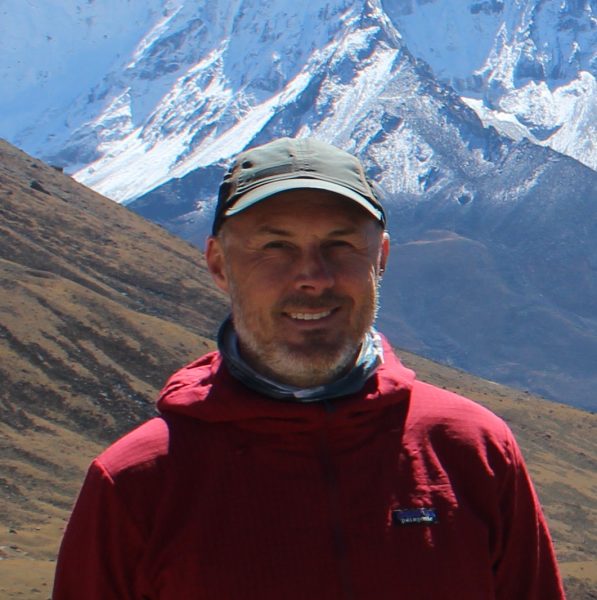 |
Doug HemingwayResearch Associate Doug Hemingway develops geophysical models to understand what makes the worlds of the solar system so different from one another. He’s published studies of the interior structures of Saturn’s icy ocean moons and a tantalizing finding that suggested Mars’ long absent magnetic field may one day return. Before joining the University of Texas Institute for Geophysics, Hemingway was a space exploration industry professional and developed robotic servicing systems for the International Space Station and Hubble Space Telescope. Now a UTIG research associate, Hemingway continues to work on icy ocean moons and is investigating the magnetic histories of the moon and Mars. |
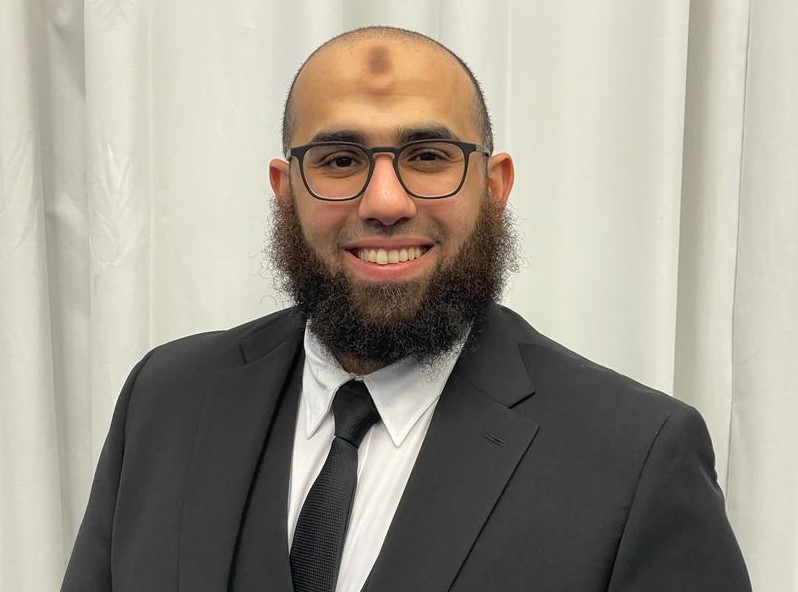 |
Mohamed Shafik KhaledResearch Associate Mohamed Shafik Khaled joined the Bureau of Economic Geology as a research associate in 2022 after completing a postdoctoral fellowship at UT’s Hildebrand Petroleum & Geosystems Engineering Department, where he studied the impact of heat management techniques in high-temperature geothermal wells. At the bureau, he focuses on developing high-resolution heat flow maps for fair resource evaluation, as well as optimizing geothermal subsurface engineering and power generation. He earned a doctoral degree in petroleum engineering from Texas A&M University and worked for Halliburton for over five years. |
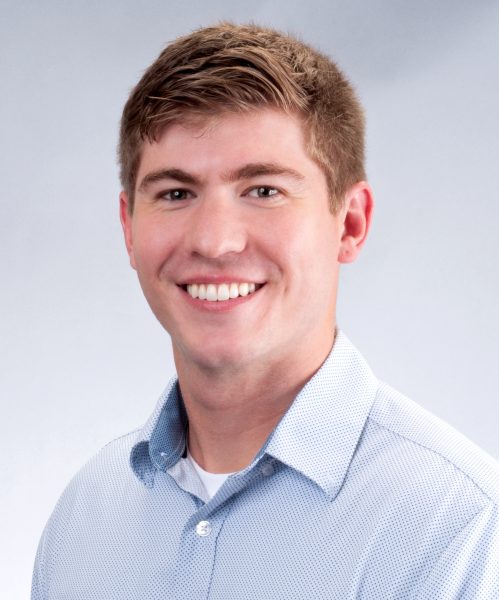 |
John MalitoResearch Scientist Associate III John Malito became a research scientist associate III for the Bureau of Economic Geology in 2022. In this position, he has been exploring ways to stabilize the water portfolio for Texas through aquifer storage and recovery and forecast-informed reservoir operations. He has also used a machine learning model to determine the drivers of health-based water quality issues across the U.S. Before joining the bureau, Malito worked as an environmental specialist at a civil engineering firm. While completing his master’s degree, he developed a sediment transport model to evaluate how climate-driven increases to wave erosion may shape future Arctic coastlines. |
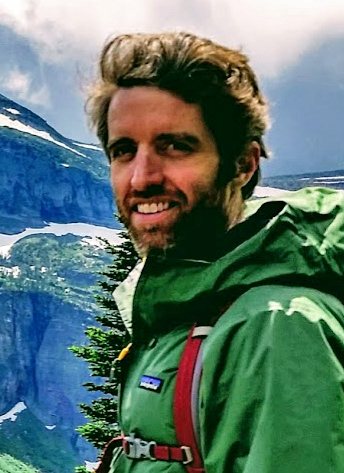 |
Tyson McKinneyResearch Scientist Associate IV Tyson McKinney joined the Bureau of Economic Geology as a research scientist associate IV in 2022. As a hydrogeologist, McKinney studies aquifer recharge. He is involved with a number of projects, such as measuring evapotranspiration across the Edwards Aquifer recharge zone, monitoring soil moisture in several regions across the state as part of the Texas Soil Observation Network, and investigating spring flow at several sites in West Texas. McKinney is also pursuing a doctoral degree from the Department of Earth and Planetary Sciences, and he has served as an instructor for GeoFORCE Texas. |
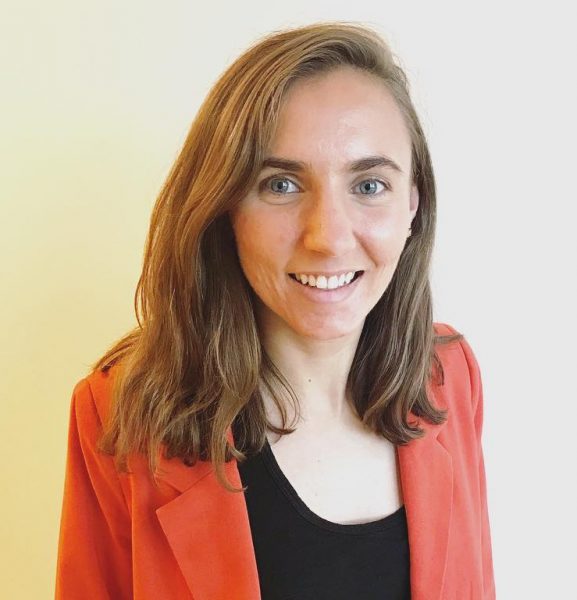 |
Elizabeth SpiersResearch Associate Elizabeth Spiers’ research looks at the habitability and exploration of ocean worlds within the solar system. She joined the University of Texas Institute for Geophysics in 2023, where she is pursuing studies of ocean world interior system dynamics. The goal is to better understand how their aqueous environments change over time and the potential for those aqueous environments to support life. She also led a project under NASA JPL’s Planetary Summer School, developing a concept study for a mission to Saturn’s moon, Enceladus. |
 |
Danielle ToumaResearch Associate Combining climate observations with state-of-the-art computer simulations, Danielle Touma investigates the impact of global warming on wildfires, extreme rainfall and cascading climate hazards. Before joining the University of Texas Institute for Geophysics in 2023 as a research associate, Touma was a postdoctoral fellow at the National Center for Atmospheric Research in Boulder, Colorado |
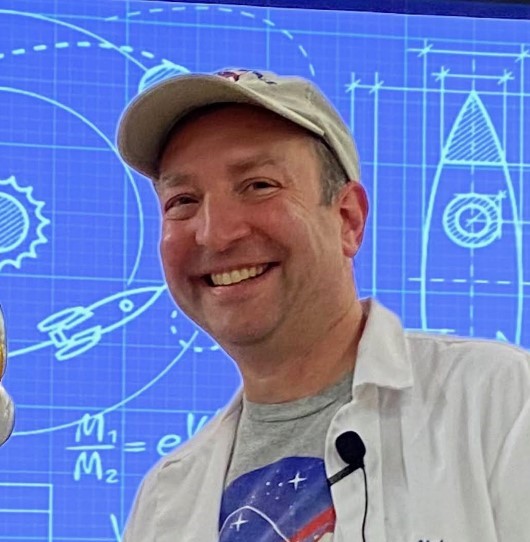 |
Tim UrbanTexas Space Grant Consortium Director Tim Urban is director of NASA’s Texas Space Grant Consortium, an outreach initiative to advance U.S. space science that became part of the University of Texas Institute for Geophysics in Fall 2022. Urban has led Texas Space Grant since 2017, when the program was based at The University of Texas at Austin’s Center for Space Research, but he has been involved since the 1990s. He has a doctoral degree in aerospace engineering from UT and has conducted research on sea level and ice sheet changes using satellite radar and laser altimetry.
|
The University of Texas at Austin
Web Privacy | Web Accessibility Policy | Adobe Reader


